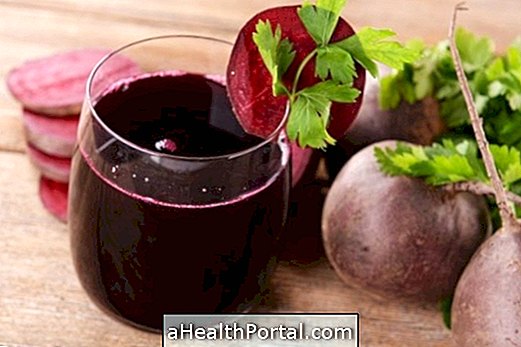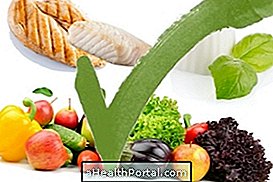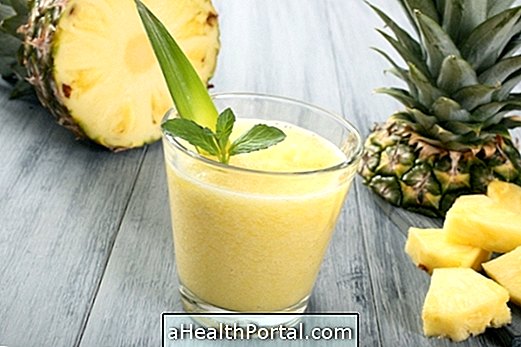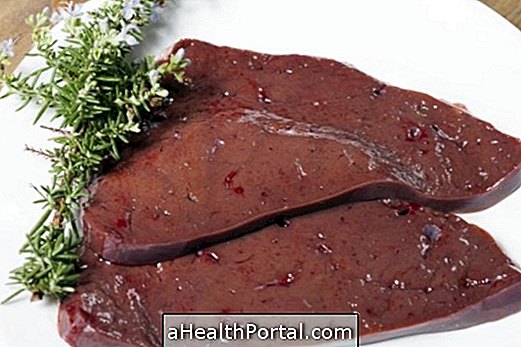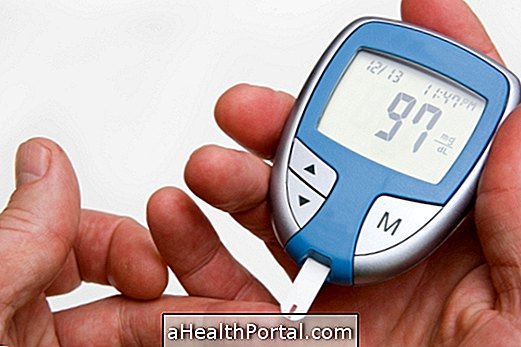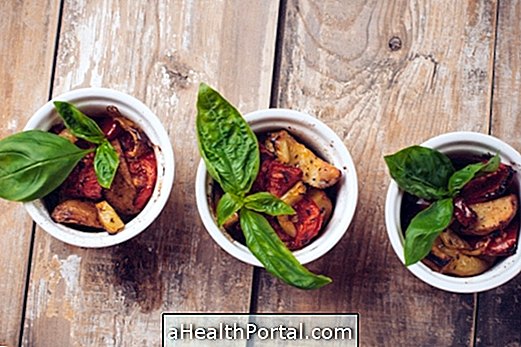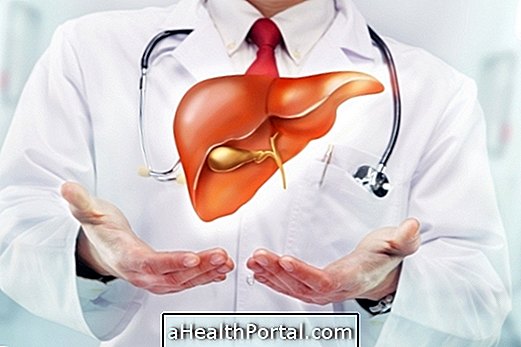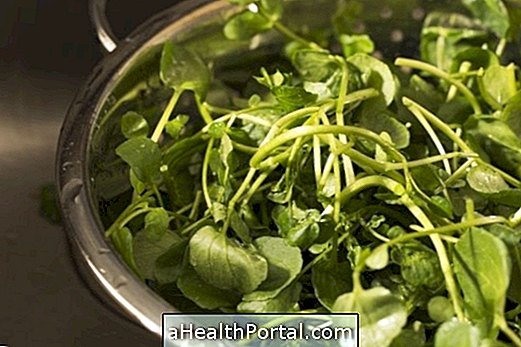Magnesium is a mineral found in foods such as seeds, peanuts and milk, and it performs various functions in the body, such as regulating the functioning of nerves and muscles and helping control blood sugar.
The daily recommendation for magnesium intake is usually easily reached when you have a balanced and varied diet, but in some cases the use of supplements may have to be prescribed by your doctor or dietitian.
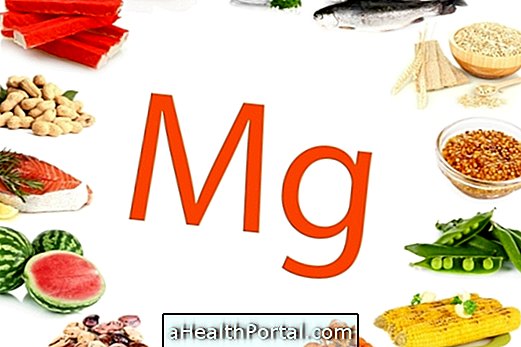
What is magnesium for?
Magnesium plays roles in the body as:
- Improve physical performance because it is important for muscle contraction;
- Prevent osteoporosis because it helps to produce hormones that increase bone formation;
- Help control diabetes because it regulates the transportation of sugar;
- Reduce the risk of heart disease because it decreases the buildup of fat plaques in the blood vessels;
- Relieve heartburn and poor digestion, especially when used in the form of magnesium hydroxide;
- Control blood pressure, especially in pregnant women at risk for eclampsia. Learn more about Magnesium in pregnancy.
In addition, magnesium is also used in laxative medications to combat constipation and in medications that work as antacids for the stomach.
Recommended Quantity
The recommended amount of magnesium daily varies according to gender and age, as shown below:
| Age | Magnesium Recommendation |
| 0 to 6 months | 30 mg |
| 7 to 12 months | 75 mg |
| 1 to 3 years | 80 mg |
| 4 to 8 years | 130 mg |
| 9 to 13 years | 240 mg |
| boys, 14 to 18 years | 410 mg |
| girls, 14 to 18 mg | 360 mg |
| Men's | 400 to 4210 mg |
| Women | 300 to 320 mg |
| Pregnant women | 350 to 260 mg |
| Infants | 310 to 320 mg |
In general, a healthy and balanced diet is enough to get the daily recommendations of magnesium. See the importance of magnesium in pregnancy and know if it needs supplementing.
Foods rich in magnesium
Foods rich in magnesium are usually also high in fiber, the main being whole grains, legumes and vegetables. See the complete list:
- Whole grains such as oats, whole wheat and brown rice;
- Vegetables and vegetables, especially broccoli, squash and green leaves such as kale and spinach;
- Seeds, especially pumpkin and sunflower seeds ;
- Oilseeds, such as almonds, hazelnuts, Brazil nuts, cashew nuts, peanuts;
- Milk, yogurt and other derivatives;
- Others : coffee, meat and chocolate.
In addition to these foods, some industrialized products are also fortified with magnesium, such as breakfast cereals and chocolate. See the 10 foods richest in magnesium.
Magnesium Supplements

Magnesium supplements are usually recommended in cases of magnesium deficiency, and may use both a multivitamin-mineral supplement and magnesium alone, which is usually used in the form of magnesium chelate, magnesium aspartate, magnesium citrate, magnesium lactate or magnesium chloride.
